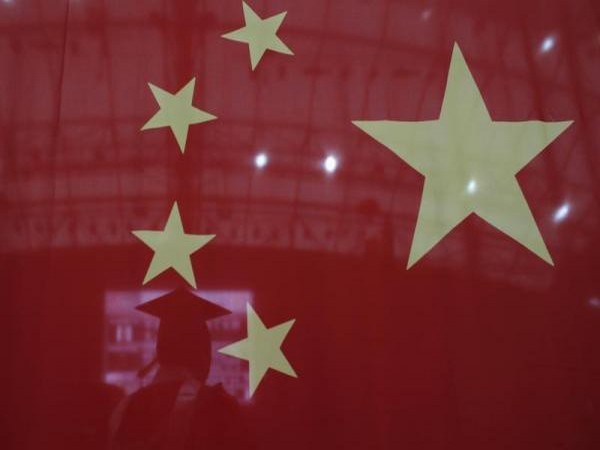Chinese social media in recent days would suggest the public is much more pro-Russia with the help of an official narrative. Ma Zhao, a professor of modern Chinese history and culture at Washington University in St. Louis said “Putin’s brand of Russian nationalism struck a chord with Chinese popular nationalism,” reported Nikkei Asia.
Talking about the Chinese authorities, he said, “They’re anti-America, anti-NATO, anti-Western alliance, they defend their national interest both aggressively and unapologetically. They’re seeking some kind of big power privileges in international affairs, they have the right to make the rules and break the rules, even at the expense of international war and peace.”
If people display their gut to express their disapproval on social media, they do it at risk of censorship and cyberbullying, and even their careers. On Weibo, popular transgender dancer and actress Jin Xing posted her anti-war views last week, drawing a barrage of criticism, reported Nikkei Asia.
Actress Ke Lan, who has 2.9 million followers on Weibo, was also suspended for reposting anti-war messages. “They’re not representative of the majority, because the majority’s voices … especially those rational voices, are censored,” Zhao said.
Wang Zheng, a professor of history and gender studies at the University of Michigan said, “When you control the media and the internet, suppress other voices, only a small portion of the population can listen to diverse opinions from outside the wall, most can only hear what is said on the mainstream channel.”
“In such a delusional environment, even the ruling class start to believe it. They will lose the ability to make fact-based judgments on the world,” she added.

